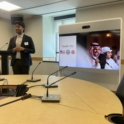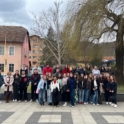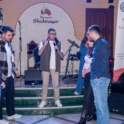Abdulaziz reflects on the highlights from serving as a mentor for CEW.
STORIES
YES Alumni Grant: The Next Steps Project
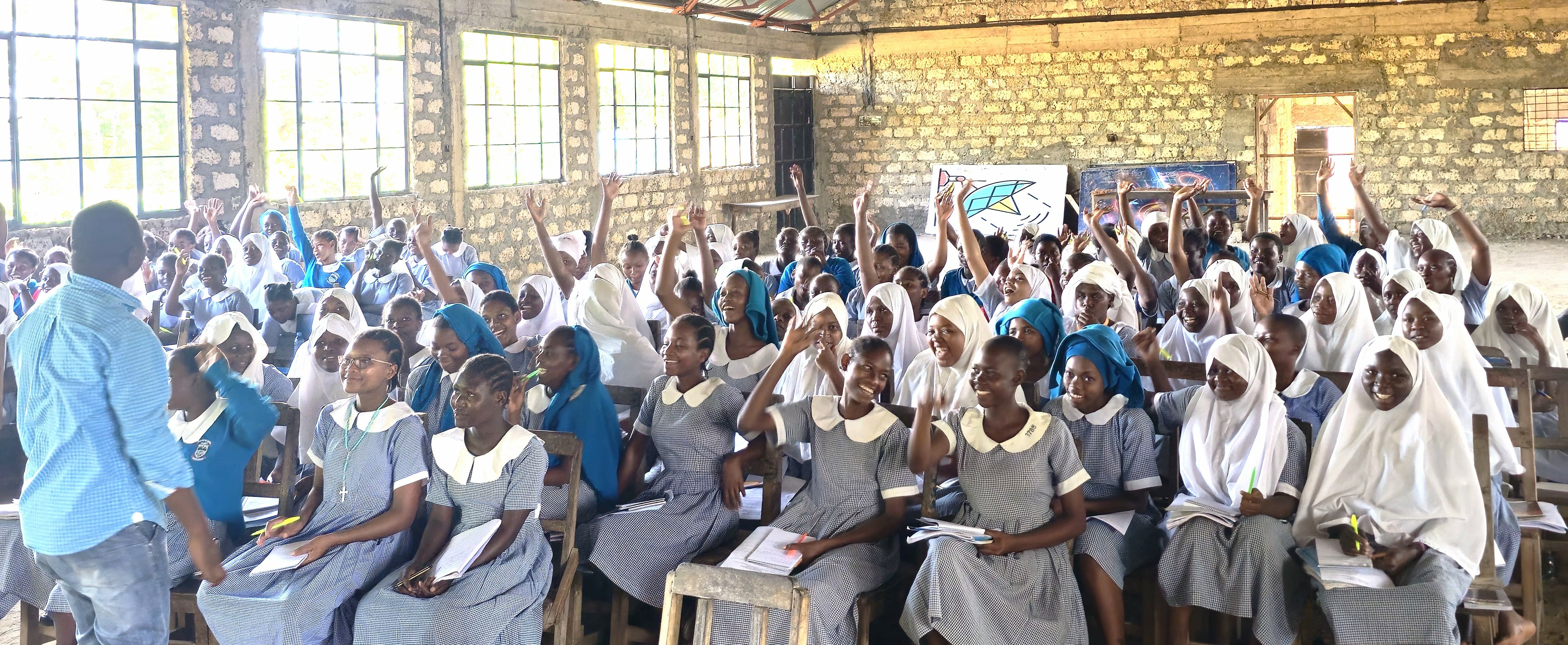
By Amina Suleiman (YES 2012-2013, Kenya, placed by PAX in Fort Collins, CO)
Participating in a high school exchange in the U.S. was an extraordinary privilege. It allowed me to experience life of limitless possibilities and share my Kenyan culture and Islamic faith with my host community. As I immersed myself in American high school life and living with a host family, I discovered the significance of volunteering and community engagement. Actively participating in after-school programs and my host family's church played a pivotal role in shaping my leadership capabilities and significantly broadening my understanding of being an active global citizen.
A decade later, the impact of that experience remains one of the most life-defining events, paving the way for me to build invaluable skills and be part of amazing communities worldwide. My home country, Kenya, is renowned for its kind people and abundant resources, including wildlife, beaches, mineral riches, and fertile agricultural land. However, despite these riches, many youth grapple with unemployment, leading many educated young minds to work in fields unrelated to their academic experience or personal passions. High school students, especially those from underprivileged backgrounds, lack access to mentorship and guidance in career planning. This absence of support hinders their ability to pursue opportunities aligned with their interests and skills. Driven by the aim to address this gap in career guidance and personal development for high school students, I decided to apply for a YES Alumni Grant.
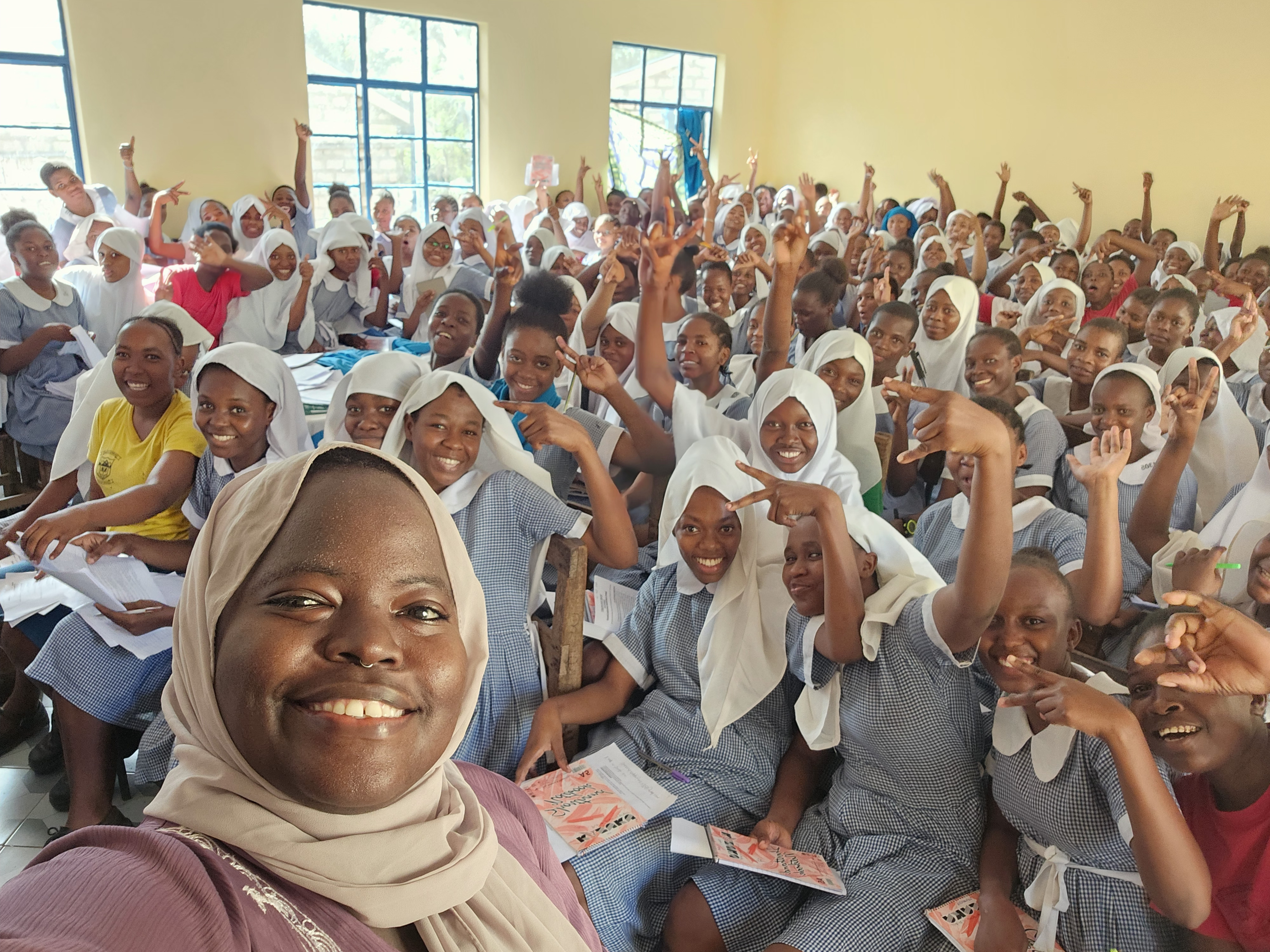
With the grant, I implemented The Next Steps Project, a three-part professional development workshop, engaging 600 students from three high schools in Msambweni. The workshop curriculum covered topics such as goal setting, networking, CV writing, career aptitude testing, mental health awareness, and personal well-being. Participants also explored themes like online safety, digital footprint, and personal branding. Notably, over two-thirds of the participants were young women, a deliberate choice to address the enrollment and dropout disparities between genders. National education data reveals a 29% enrollment rate for women in tertiary education compared to 40% for young men, with higher dropout rates among young women being attributed to factors such as pregnancy, marriage, or financial constraints, particularly in rural areas.
Pre- and post-workshop assessments revealed that the concepts taught were either new or had limited familiarity to the students. Despite their regular use of social media, learning about their digital footprint and online presence was a first for many. Our goal was to equip students with practical skills for their professional development in both academia and future careers. A well-received workshop activity involved goal setting and action plans, where students got to share their future plans. Going forward, participants will serve as project representatives, sharing what they have learned in school clubs and holding one another accountable for their goals.
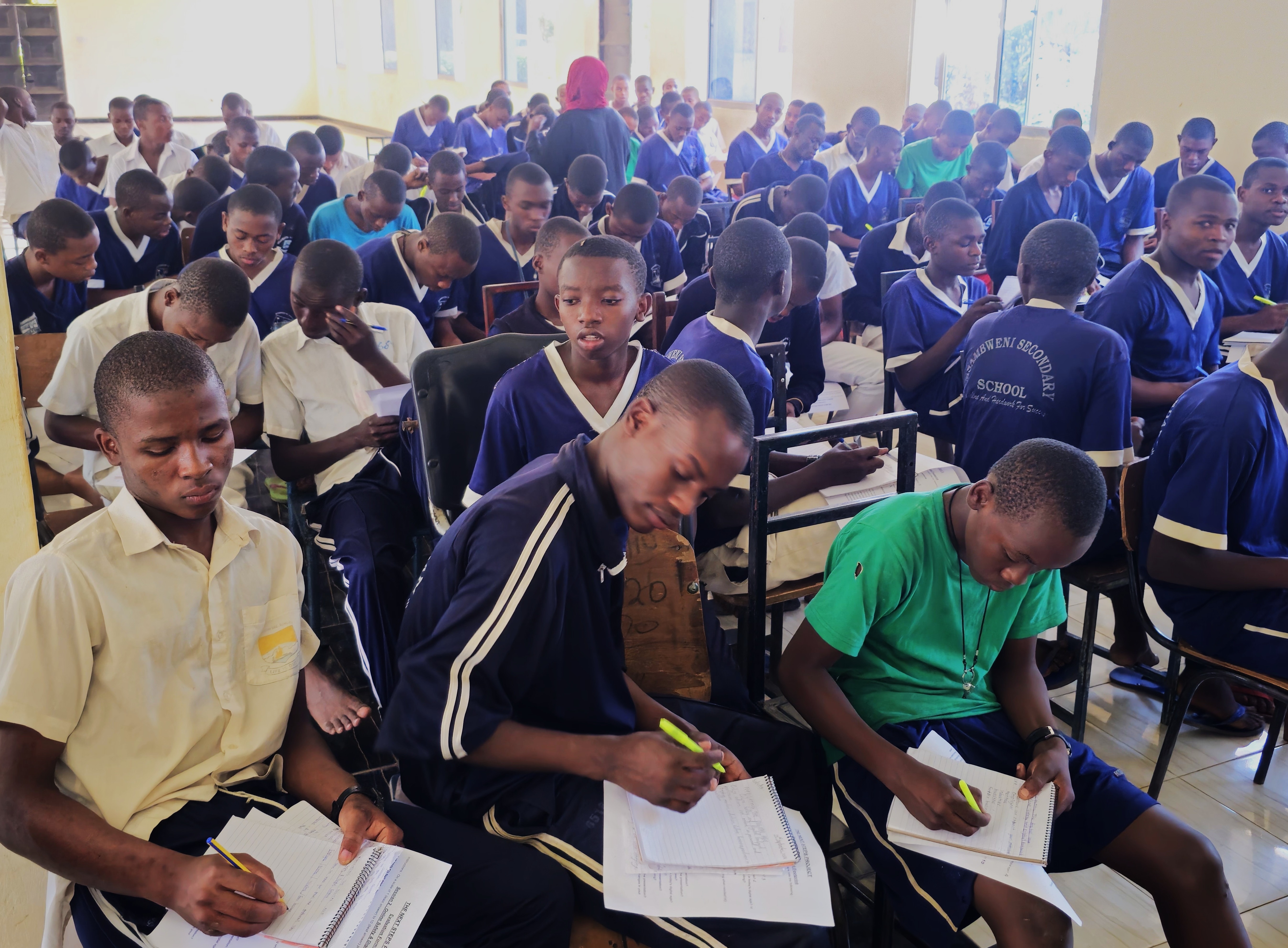
This project was a collaborative effort, and my sincere thanks goes to everyone involved, including the teachers, school administration, and participants. Special appreciation to Fiona Rachel, my project teammate and fellow YES alumna, and Hemed Mtibi, founder of the Hifadhi Initiative, an organization that promotes gender equality, for their instrumental contributions in recruiting schools and facilitating sessions throughout the project.
Our vision extends beyond the immediate workshop. Long-term plans include a mentorship program, sharing the resources developed with an even wider audience, and making these workshops a regular occurrence for a lasting positive impact. The Next Steps Project is more than a project; it's a journey toward empowerment, illuminating the dreams of students and showcasing their future potential.
I would also like to express my sincere appreciation to the U.S. Department of State, Bureau of Educational and Cultural Affairs and the YES program for their support.


